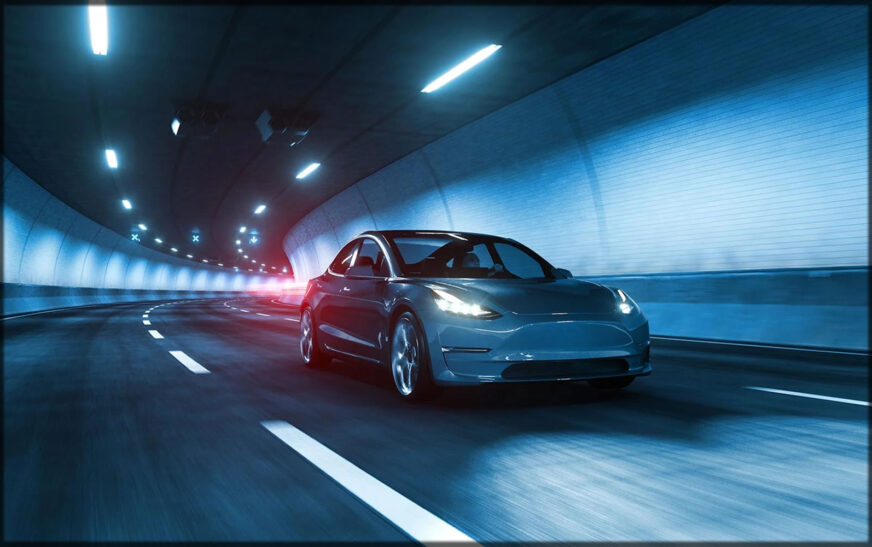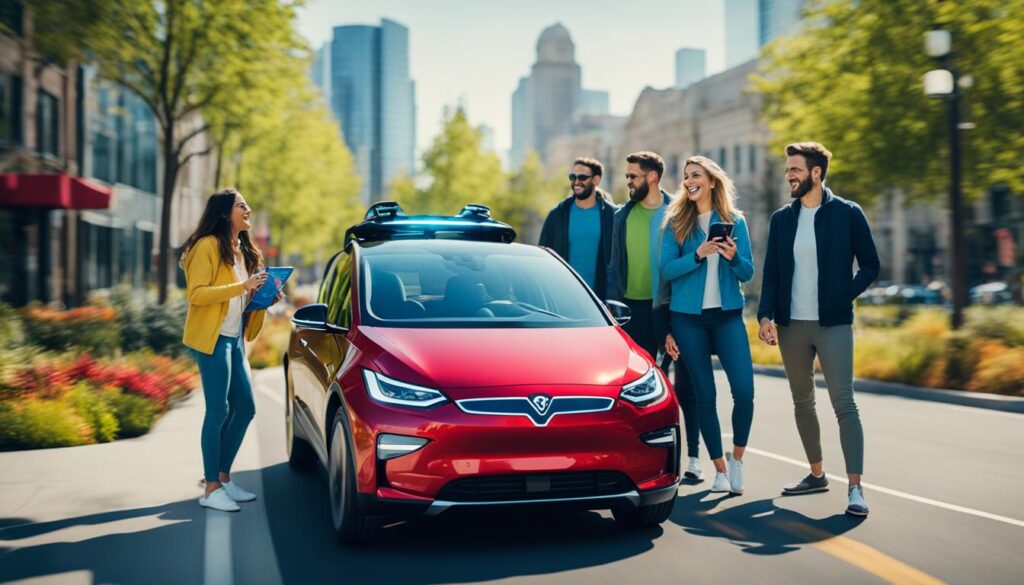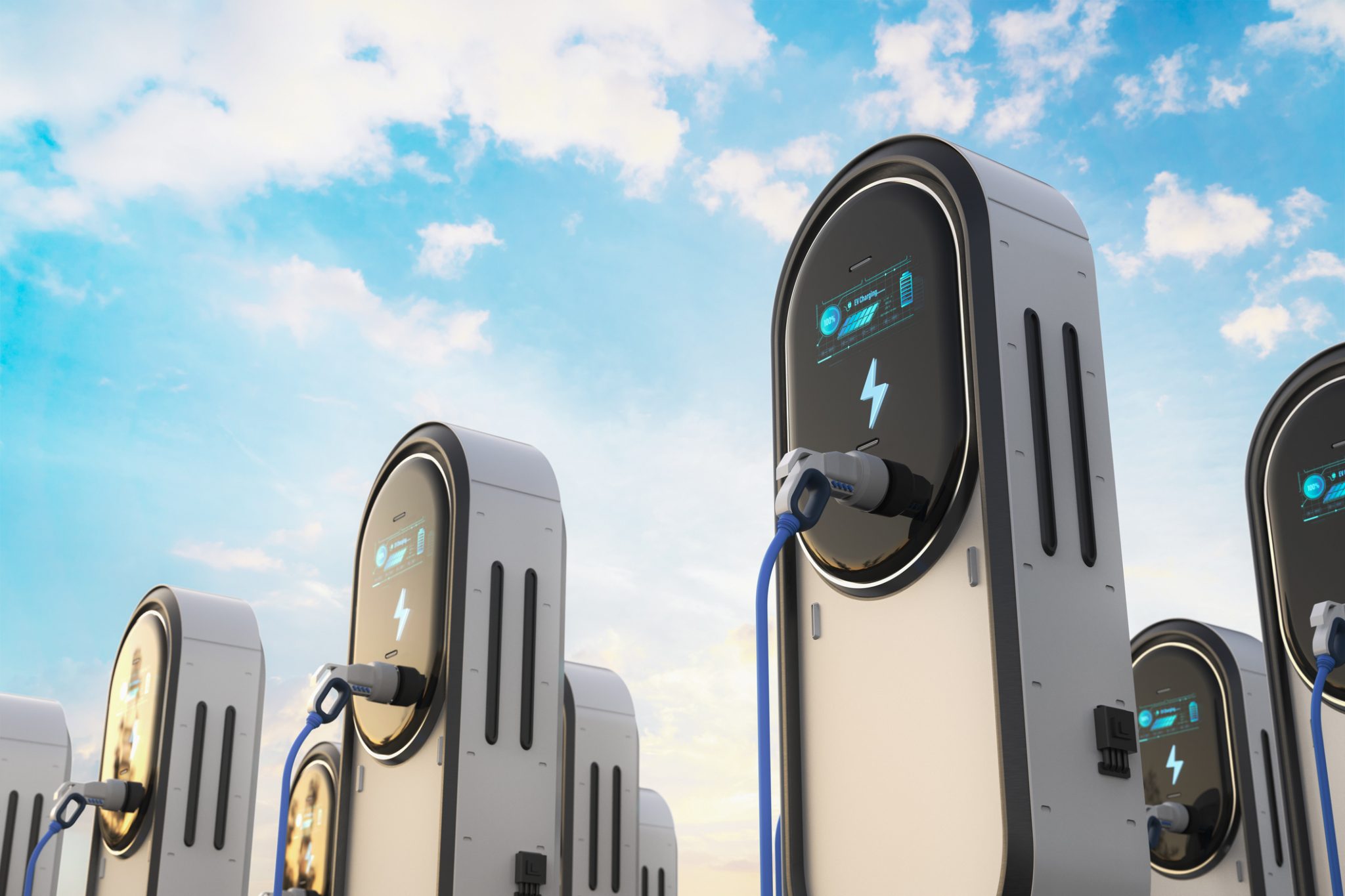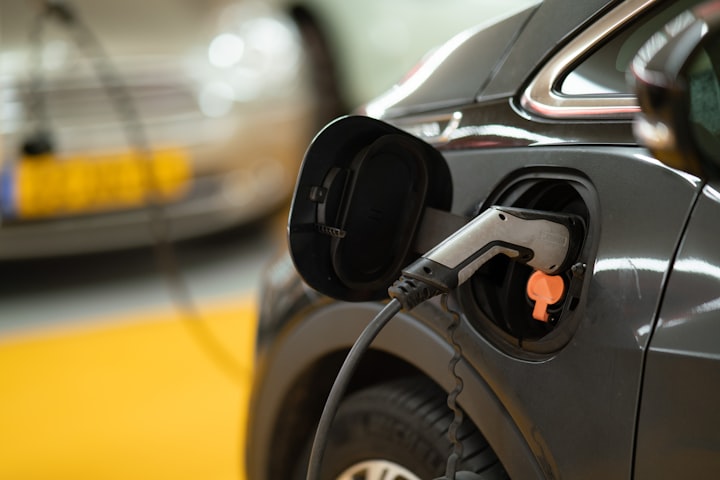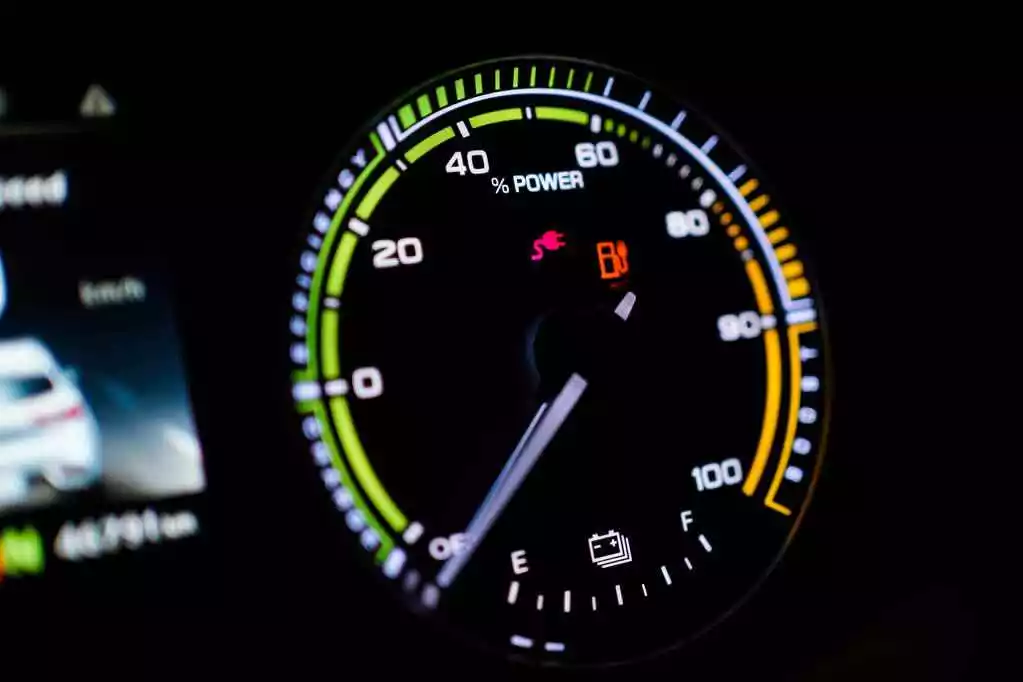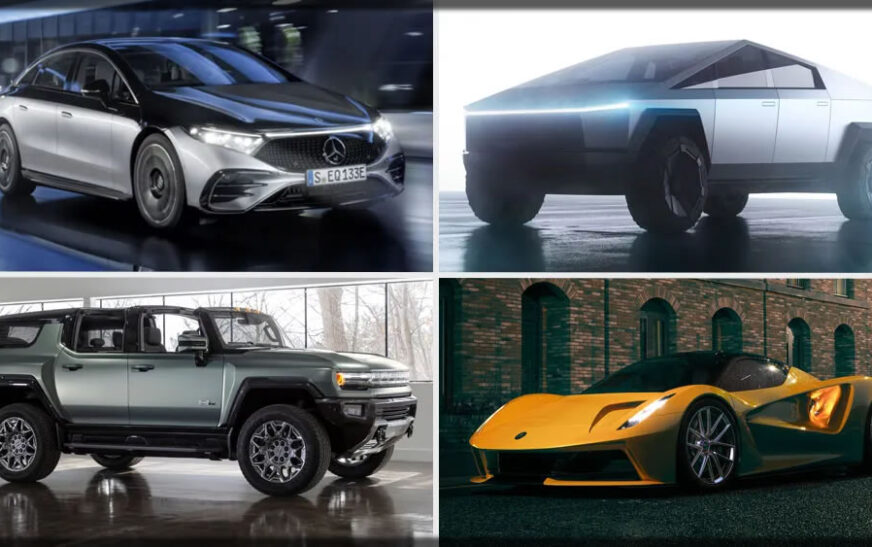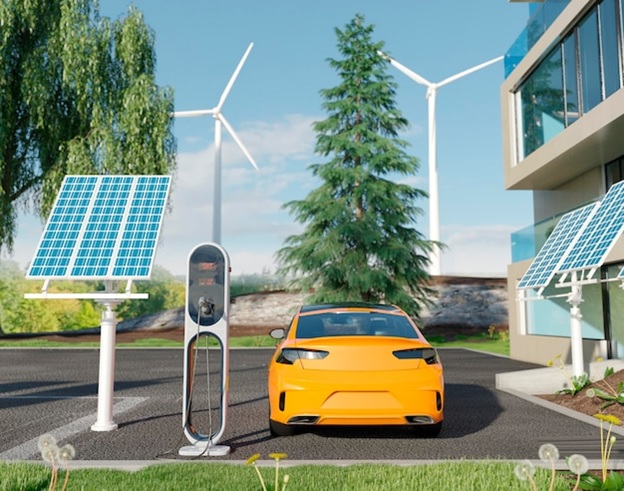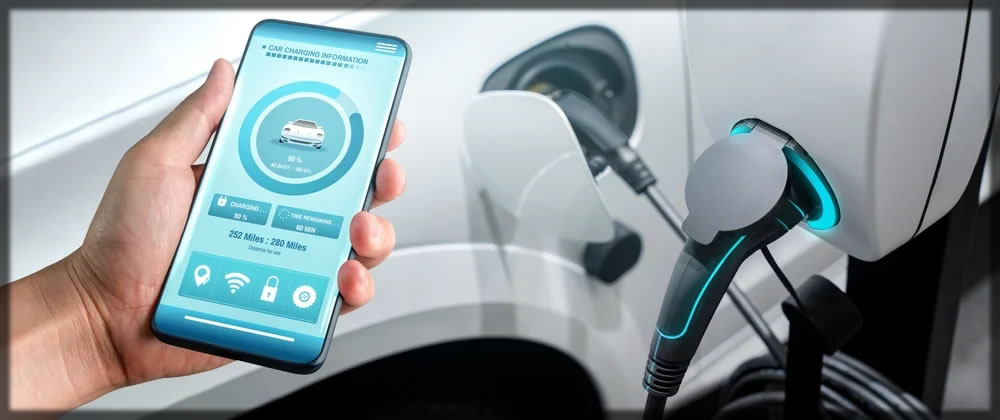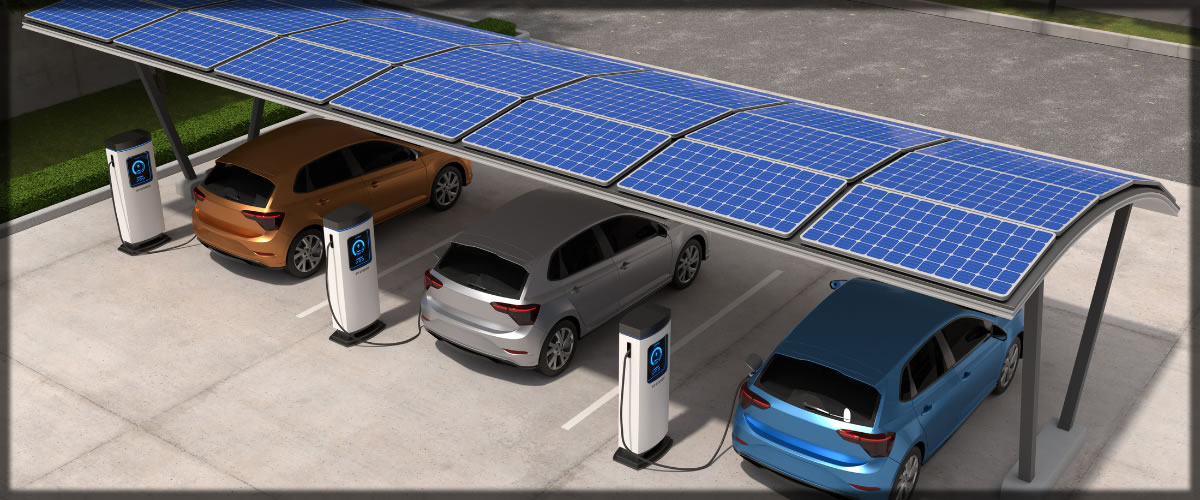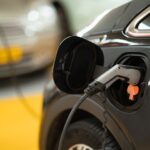How to Choose an Electric Car That Meets Your Needs. With increased demand for electric cars, choosing a perfect one can become a challenging task with many options at your disposal. Do you require a daily commuter, a family car, or a performance car? Having key factors in mind will allow you to make an educated decision. In this article, a full guideline for choosing a perfect car for your life is discussed below:
1. Know your driving requirements
Before selecting an EV, consider your intended use for it. There are numerous types of EVs, and having your requirements in mind will make your decision easier:
- Commuting: For a daily city driving car, a moderately ranged (150-250 miles) city car EV such as a Chevrolet Bolt EUV or a Nissan Leaf will suffice perfectly. They have high efficiency, fewer maintenance requirements, and ease in simple city manoeuvrability.
- Long-Distance Road Trips: For long driving, choose an EV with a 300+-mile range, such as Tesla Model S, Lucid Air, and Ford Mustang Mach-E, with rapid-charging capabilities and compatibility with widespread charging networks, offering comfort for long trips.
- Family use: There will be ample space in a spacious SUV like Hyundai Ioniq 7, Kia EV9, or Volkswagen ID.4 for passengers, cargo, and additional security features. Features include rear seat adjustability, a variety of charging locations, and high-tech driving aids.
- Performance Enthusiasts: For a shot in the arm in terms of acceleration and pace, high-performance EVs like Porsche Taycan, Tesla Model S Plaid, and BMW i4 M50 offer thrill-filled driving experiences. With quick acceleration, razor-sharp handling, and cutting-edge aerodynamics, these cars have everything.
- Off-Road & Adventure: Trucks and off-road friendly SUVs such as Rivian R1T, Ford F-150 Lightning, and GMC Hummer EV have utility and off-road orientation in mind. They feature high ground clearance, four-wheel drive, and high towing capacities.
2. Observe Battery Range and Charging Infrastructure
Battery range is an important consideration when choosing an EV. Look at the following:
- Short-range EVs (150-250 miles): Best for city drivers and owners with access to convenient charging locations. Cost-saving and ideal for shorter trips.
- Mid-ranges (250-350 range): Best for family use and for less-frequent drivers who crave freedom. Mid-ranges have a balanced mix between price and range.
- Longer range EVs (350+ mile range): Ideal for long-distance commuters and road trippers who make fewer stops and enjoy added ease.
Public charging infrastructure, meanwhile, is a consideration, too. With at-home charging, a moderately ranged car will suffice, but with public charging, choose an EV with a compatible rapid charger and access to a ubiquitous charging network such as Tesla Superchargers or Electrify America. Choose cars with bidirectional charging, too, in case your car can double as a source of juice in an emergency.
3. Evaluate Charging Options
The charging speed is model-dependent both for cars and chargers. There are a variety of types of EV charging:
- Level 1 (120V): Common residential outlet charging; slow but best for overnight charging, providing about 2-5 miles of range per hour
- Level 2 (240V): Fast residential and public charging option; adds a 20-40 mile per hour range and ideal for daily use.
Public locations have access to DC Fast Charging; can refuel 100+ miles in 15-30 minutes, perfect for long trips
Consider whether a Level 2 charger can be installed at your home, or whether public chargers will have to suffice for your use. Research charging times, battery degradation over a period, and availability of high-speed chargers for your make and model of EV.
4. Incentives and Budget
EVs vary in price, from affordable models to luxury vehicles. Consider your budget and explore available incentives:
- Under $40,000: Hyundai Kona Electric, Chevrolet Bolt EV, and Nissan Leaf, all three with a range and capabilities for budget-conscious buyers at a budget price.
- Mid-range Electric cars (price range $40,000-$70,000): Tesla Model 3, Ford Mustang Mach-E, and Polestar 2. All three cars deliver a mix of performance, range, and
- High-end EVs (price tag over $70,000): Mercedes-Benz EQS, Porsche Taycan, and Lucid Air. Luxury cars feature high-end materials, high-tech driving aids, and cutting-edge batteries.
- Review government incentives, rebates, and tax credits that can save your purchase price for an EV. There are additional incentives in several countries and states, including lowered tolls, HOV access, and discounts for registration fees.
5. Security and Features of Technology
Modern EVs feature high-tech and sophisticated safety and technology options. Check out these alternatives:
- Adaptive cruise, lane maintenance, automatic stop in case of an emergency, monitoring for blind spots, and collision avoidance make driving safer.
- Autonomous driving: Tesla’s Full Self-Driving (FSD), GM’s Super Cruise, and Ford’s BlueCruise have partially autonomous driving capabilities at various levels
- Infotainment and connectivity: Huge touchscreen panels, smartphone integration, over-the-road updating, and voice command capabilities make driving a pleasure.
- High-tech Climate Controls: Most EVs feature high-tech climate controls with heat pumps for increased efficiency in cold temperatures.
6. Environmental Impact and Sustainability
For prioritization of sustainability, review the company’s commitment to environmentally friendly operations, battery recycling, and carbon footprint. Tesla, Rivian, and Polestar, for example, value environmentally friendly production, recycled materials, and reduced emissions in production. Examine not only the lifecycle of the battery, its recyclability, and secondary life used for storing but also
7. Test drive and contrast Drive
A range of EVs beforehand and compare comfort, driving, and overall driving character. Observe seat ergonomics, driving position, regen feedback, and acceleration responsiveness. Online review platforms and comparison tools can even enable you to gauge dependability, real-world range, and owner satisfaction ratings.
Conclusion
The selection of an electric car comes down to weighing range, charging ease, budget, and lifestyle requirements. Regardless of your preference for value, comfort, or performance, an EV is out there for any owner. By weighing these important factors, you can make an educated decision in choosing an ideal electric car to make your life easier and a cleaner future a reality.

